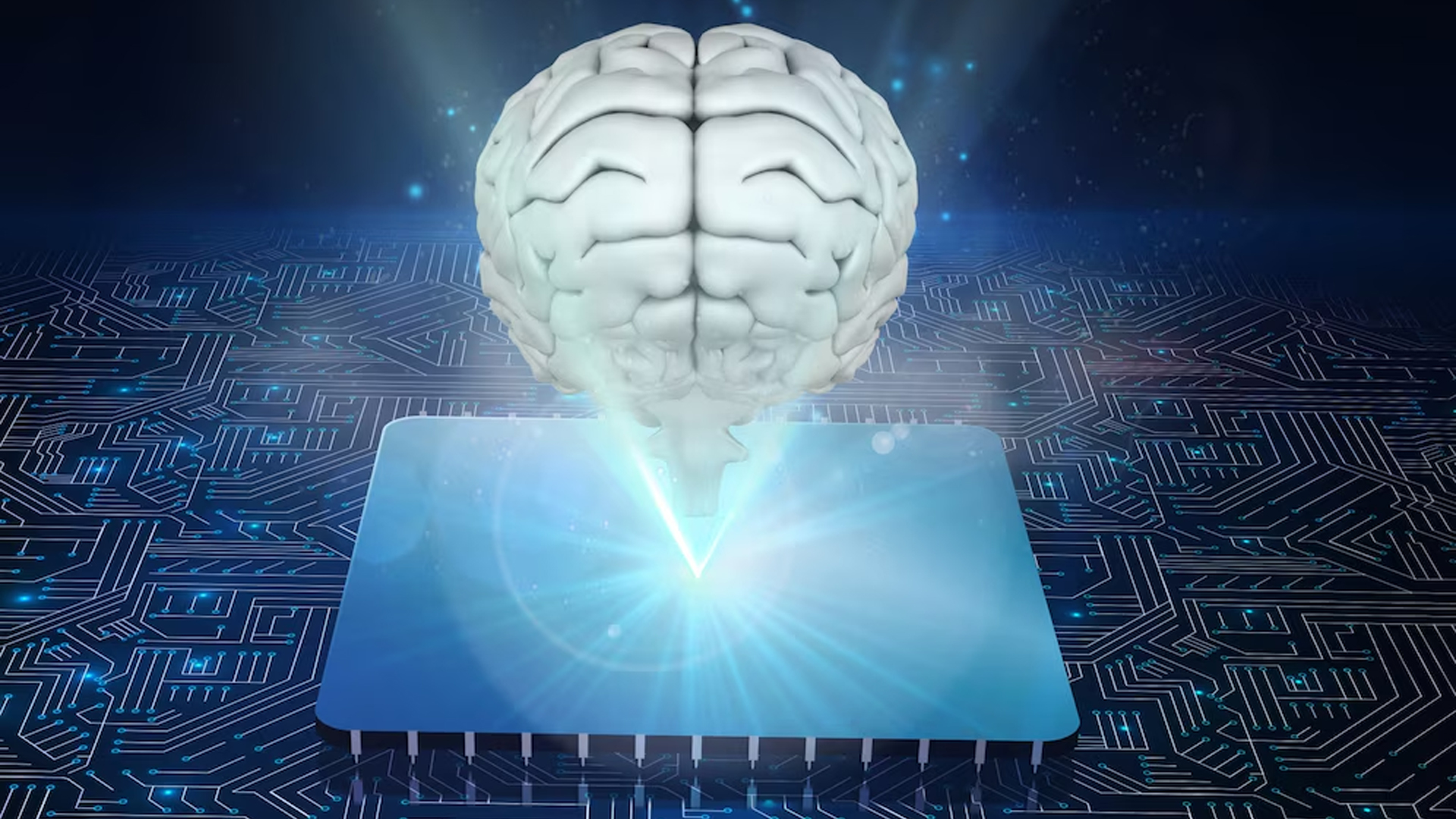Have you ever wondered how much faster we could work if finding the right information wasn’t such a hassle? With the rise of Artificial Intelligence (AI), knowledge management is undergoing a transformation, making the way we organize, retrieve, and use information smarter and more efficient. But how exactly is AI changing this space, and what are the benefits and risks involved? Let’s dive into it!

What is Knowledge Management, and How is AI Changing It?
Knowledge management is all about capturing, organizing, and sharing knowledge within an organization. It involves creating a knowledge base where employees can access information to make better decisions and improve productivity. A knowledge management system ensures that knowledge assets are structured and easily retrievable. But as businesses grow, managing all this information becomes tricky, especially when dealing with unstructured data like emails, reports, or meeting notes. That’s where AI in Knowledge Management comes into play.
With AI-powered knowledge management, organizations can revolutionize how they handle information. An AI system uses machine learning and AI algorithms to organize and analyze vast amounts of data efficiently. By implementing AI in Knowledge Management, businesses can streamline processes like knowledge discovery and knowledge sharing, making it easier to manage organizational knowledge. For example, generative AI can create summaries or suggest relevant content, while an AI model learns from existing data to provide smarter insights. Using knowledge management tools powered by artificial intelligence, companies can develop better knowledge management strategies and ensure continuous learning across teams.
AI doesn’t just help manage knowledge; it transforms knowledge management entirely. It enables businesses to leverage AI for building smarter management tools and improving their knowledge management process. When organizations use AI, they unlock new opportunities for handling complex information efficiently and effectively. The combination of AI and knowledge management is paving the way for more innovative ways to store and share information. Wouldn’t it be amazing if your workplace could instantly provide you with the answers you need? That’s the promise of AI-powered knowledge management!
How AI-Powered Knowledge Management System Helps in Finding the Right Information Quickly
Have you ever struggled to locate important information amidst a sea of data? This is where AI in Knowledge Management comes to the rescue. By leveraging advanced AI technologies, organizations are revolutionizing how they handle information. The role of AI in knowledge lies in its ability to sift through large volumes of data and provide users with precise and relevant insights in seconds.
In traditional methods, finding information could be time-consuming and inefficient. But ai-powered knowledge management systems are changing the game. These systems use AI capabilities like natural language processing and machine learning to identify patterns and organize information effectively. By integrating AI and KM, businesses are building smarter knowledge management practices that simplify data retrieval and enhance productivity.
Here’s how AI-driven knowledge management systems help:
- AI automates repetitive tasks like categorizing and tagging data, saving time and effort.
- AI tools improve knowledge repositories, making it easier to access structured information.
- Knowledge management with AI ensures faster access to relevant information, even from unstructured data sources.
- AI enhances the user experience by personalizing search results tailored to specific needs.
- Modern knowledge management software with AI helps in better data management and decision-making.
The role of AI isn’t just about efficiency—it’s also about enabling better collaboration. By using ai-powered knowledge management software, organizations can share and use knowledge effectively, ensuring smoother workflows. With these advancements, the future of knowledge management looks brighter than ever, where AI enables smarter solutions for real-world challenges.
So, if your organization hasn’t yet explored the ways AI can transform its knowledge management strategies, now might be the time to embrace this exciting shift!
How is AI transforming the organization and retrieval of information in enterprises?
AI is reshaping how enterprises handle information. Traditional systems often require manual sorting, tagging, or extensive searching. However, AI-driven tools can now automate these processes, saving time and improving accuracy. For example, machine learning algorithms can sort through vast datasets, categorize information intelligently, and even predict what data might be most relevant to a query.
A good example of this is AI-powered search engines. These tools don’t just look for keywords- they understand the context behind them. Imagine searching for “best marketing strategies” in your company’s database. Instead of getting hundreds of unrelated documents, AI ensures you receive tailored insights that match your intent.
Here’s what Balázs Keszthelyi, Founder & CEO of TechnoLynx, says about this:
“AI is fundamentally reshaping how organizations manage and retrieve information. By leveraging machine learning algorithms, businesses can analyze vast amounts of data at unprecedented speeds. For instance, AI-powered search engines can understand context and intent, allowing users to find relevant information more efficiently. A practical example can be seen in companies like IBM, which utilize AI to enhance their Watson platform, enabling users to access insights and data that are tailored to their specific needs, thus streamlining decision-making processes.”
Can AI replace traditional methods of research with real-time insights?
AI has made research faster and more dynamic. With its ability to analyze massive datasets in real-time, AI can offer immediate insights, enabling quicker decisions. This doesn’t mean traditional research methods are obsolete, though. Instead, AI serves as a valuable tool that enhances existing methodologies.
For example, AI can filter through millions of data points in minutes, providing researchers with a strong starting point. However, the nuanced understanding, contextual interpretation, and creative problem-solving that humans bring are still irreplaceable. Combining AI-driven insights with human expertise creates a balanced approach to research.
Here’s what Dennis Lenard, CEO and co-founder of Creative Navy UX Agency, says:
“In time, AI might be able to replace traditional research processes, or at least become a necessary addition to established workflows. Currently, AI isn’t capable of providing valid sources, it mis-cites or invents bogus citations, and makes mistakes when it comes to complex, highly specialized topics.
In UX design, AI can never fully replace user research, as the most pivotal ideas come from observing people at work. AI cannot eliminate the necessary human element in this scenario because, as designers, we build for humans, not for artificial intelligence.
At the moment, AI isn’t entirely reliable and it’s imprudent to use it to curate knowledge. It is best used to support data analysis and automate repetitive tasks, but human judgment and expertise remain essential for driving meaningful innovation.”
What are the risks of relying on AI for knowledge curation and decision-making?
While AI offers impressive capabilities, relying on it entirely comes with risks. One major concern is algorithmic bias. If an AI system is trained on biased data, it may continue to perpetuate those biases in its insights. For example, if an AI tool is analyzing hiring data, it could unintentionally favor certain demographics over others based on flawed historical trends.
Another challenge is the potential for over-reliance on AI. Blindly trusting AI-generated insights can lead to poor decisions, especially if decision-makers don’t question the data or verify its accuracy. That’s why it’s critical to pair AI’s speed and efficiency with human oversight and judgment.
Here’s what Balázs Keszthelyi adds:
“Relying on AI for knowledge curation and decision-making does come with certain risks. One significant concern is the potential for bias in AI algorithms, which can lead to skewed insights if not properly monitored. For example, if an AI system is trained on historical data that reflects existing biases, it may perpetuate these biases in its recommendations. Additionally, over-reliance on AI can result in a lack of critical thinking, where decision-makers might accept AI-generated insights without sufficient scrutiny. Therefore, it is crucial to implement robust oversight and maintain a human element in the decision-making process.”

Real-World Examples of AI in Knowledge Management
Have you wondered how companies use AI in Knowledge Management in real life? The truth is, AI is everywhere, silently making the process of managing organizational knowledge smarter and faster. From improving content management to ensuring relevant knowledge is always accessible, AI empowers knowledge management in many ways. Let’s explore some real-world examples to see how AI is reshaping knowledge management today.
AI in Content Management Platforms
Many businesses use AI-powered knowledge management platforms to handle and organize their digital content. These platforms can identify patterns, fill knowledge gaps, and ensure that teams always have access to relevant knowledge when needed. This has revolutionized how organizations interact with knowledge within an organization, making it more efficient than ever before.
AI for Managing Tacit Knowledge
Tacit knowledge—information that isn’t formally documented—is crucial for any organization. AI tools trained on accurate data can help capture and share this type of knowledge, improving collaboration and decision-making processes. This is one of the major benefits of AI in knowledge management, as it bridges gaps in traditional knowledge management systems.
AI to Ask and Retrieve Knowledge
Modern AI solutions allow employees to ask AI systems for answers in real time. This eliminates delays and improves productivity by delivering instant access to knowledge within the organization. Such applications of AI significantly enhance workflows and empower teams to make better decisions.
Shaping the Future of Knowledge Management
The world of knowledge management is evolving quickly, thanks to AI. By integrating a knowledge base into day-to-day processes, businesses enjoy the benefits of knowledge management like increased efficiency and innovation. AI has shown that integrating a knowledge platform isn’t just about storing information—it’s about making it actionable and impactful.
These examples prove that AI offers organizations powerful tools to streamline their operations and stay competitive. If implemented thoughtfully, AI could open new doors and continue driving the evolution of knowledge management in exciting ways!
How Businesses Can Start Using AI for Knowledge Management Today
Are you curious about how to implement AI in Knowledge Management for your business? It’s easier than you think! The first step is to identify the gaps in your knowledge. This means looking at how your current knowledge delivery to individuals works and finding areas where processes could improve. For example, are employees spending too much time searching for the right information? That’s where AI enhances search capabilities and simplifies access to important data.
Start by adopting AI in knowledge management systems. These tools can analyze and organize information faster than traditional methods, ensuring your knowledge bases remain robust and up to date. With the right AI knowledge management tools, businesses can ensure seamless knowledge sharing by connecting teams and improving collaboration.
AI transforms knowledge management by automating repetitive tasks and creating smarter systems. AI in knowledge management systems offer tools that don’t just store data but also learn from it, making your knowledge base more dynamic. This integration of artificial intelligence and machine learning allows companies to provide accurate and timely insights, ensuring that their employees always have the best resources at their fingertips.
By starting small and gradually expanding, businesses can experience the true impact on knowledge management. The future is all about smarter, faster, and more efficient systems—and AI in knowledge management is here to make that happen. Why not take the first step today?

